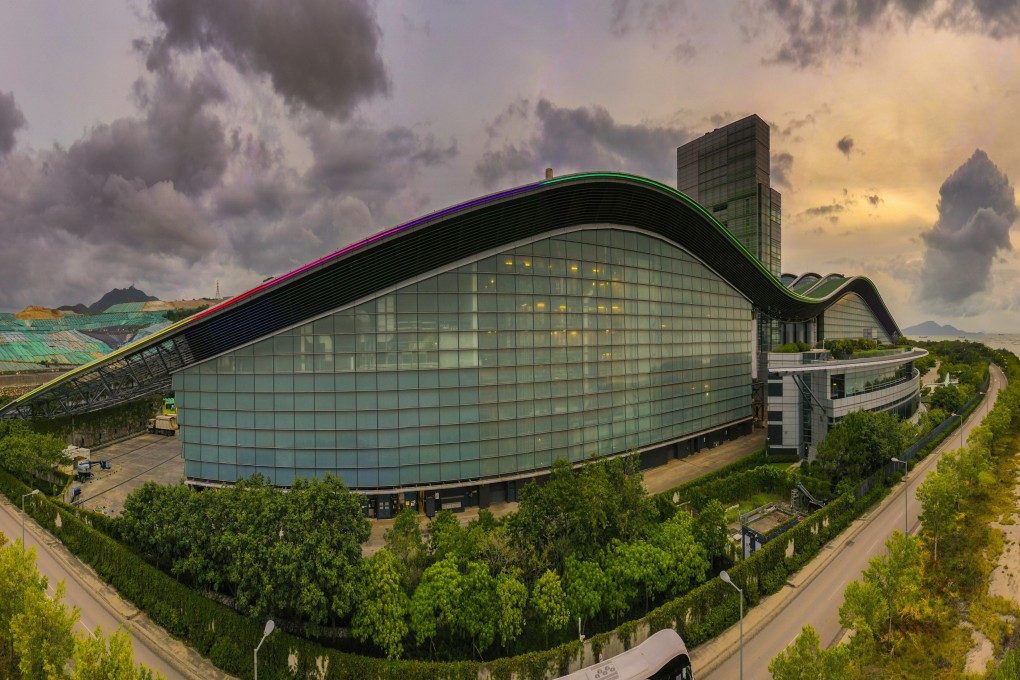Advertisement
Opinion | How Hong Kong can lead Asia on climate change through innovation
- As the city strives to reach carbon neutrality by 2050, the rest of Asia will look to Hong Kong for best practices, inspiration and support
- By being ahead of the innovation curve, Hong Kong has a chance to be an early mover and reap the economic rewards for going green
3-MIN READ3-MIN

As the Hong Kong government announces initiatives to make the city more liveable, climate models cited by the Observatory predict “above-normal” temperatures for southern China this autumn.
Supported by Hong Kong’s commitment to reach carbon neutrality by 2050, all sectors, businesses and levels of society are feeling the heat to act now against climate change.
Although I am writing from the United Kingdom, far from Hong Kong and on a different continent, we live under one world climate. If we do not transition to renewable energy sources and reach net-zero targets, summers will continue to get hotter, weather more erratic and energy bills higher.
Advertisement
As the recent Intergovernmental Panel on Climate Change report made clear, if we do nothing, the consequences will be unfathomably costly – for humanity, for our environment and for economies.
In previous years, many people saw being sustainable as requiring major sacrifices – making hefty investments in new processes and technologies for little economic gain.
This is now demonstrably not the case. Great innovation is under way with accessible, inspiring and ingenious ideas being commercialised every day across the world, including in Hong Kong and the UK.
Advertisement
Select Voice
Select Speed
1.00x

